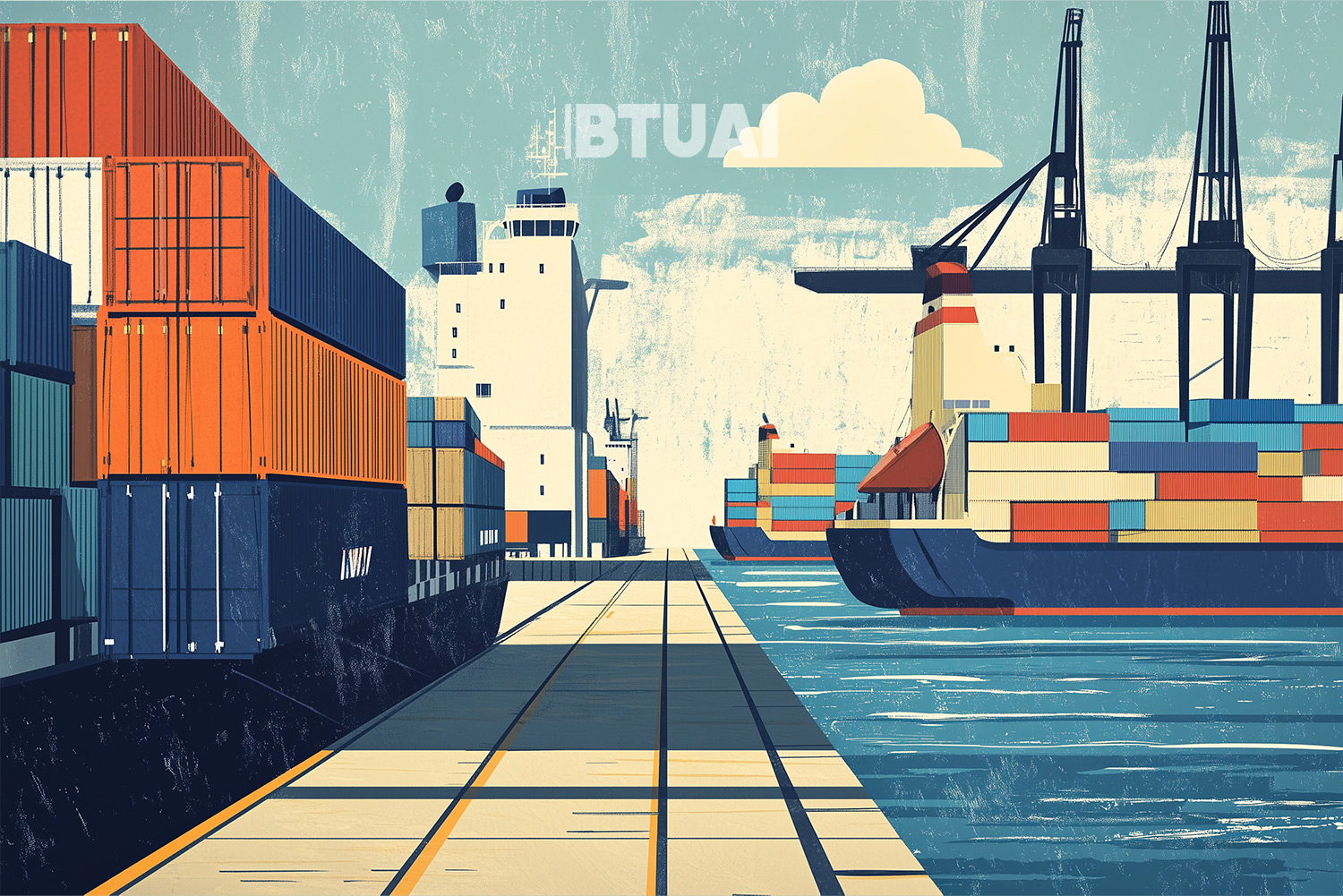Georgia’s Port Growth and Global Maritime Transport Trends
Overview:The year 2024 marked significant growth for Georgia’s ports and terminals. Official statistics reveal that 1,683 ships entered Georgian

Overview:
The year 2024 marked significant growth for Georgia’s ports and terminals. Official statistics reveal that 1,683 ships entered Georgian ports, reflecting substantial changes in cargo structure. General cargo vessels accounted for the largest share (38.5%), followed by liquid cargo carriers (30.1%) and container ships (22.5%). Notably, the number of specialized ships increased by 34%, highlighting Georgia’s expanding capabilities in advanced maritime transportation.
Global Trends in Maritime Transport:
According to the International Maritime Organization (IMO), global maritime trade volume increased by 3.2% in 2024, reflecting continued post-pandemic recovery. The container shipping sector achieved a growth of 4.1%, primarily driven by the stabilization of global supply chains and the rise of e-commerce.
Vessels by Flag:
The ships arriving in Georgian ports flew the flags of various countries, reflecting Georgia’s growing relevance in international trade:
- Turkey: 18.4%
- Panama: 16.1%
- Malta: 9.6%
- Liberia: 8.7%
- Russia: 5.2%
- Other countries: 42%
This diversity highlights Georgia’s strategic importance as a transit point for goods moving through the Black Sea region.
Environmental Regulations & Challenges:
A significant shift is also underway in global maritime transport concerning environmental standards. The IMO introduced new regulations in 2024 aimed at reducing CO2 emissions from ships. This move forces shipping companies to adopt cleaner fuels and advanced technologies, contributing to global environmental goals.
For Georgia, which plays a crucial role in oil product transit, these regulations present both challenges and opportunities. The modernization of ports and the adoption of environmentally friendly technologies could enhance Georgia’s competitiveness in the Black Sea region.
Opportunities for Georgia:
- Green Port Technologies: Implementing eco-friendly facilities and sustainable fuel options to comply with global standards.
- Strategic Positioning: Leveraging its location to attract more international shipping traffic, particularly those seeking efficient transit routes.
- Infrastructure Modernization: Investing in smart port technologies and expanding capacity to accommodate larger vessels.
- Diversified Cargo Handling: Increasing the variety of goods handled, including liquid, bulk, and containerized cargo.
Would you like me to help you develop a detailed strategic plan for Georgia’s ports to capitalize on these global maritime trends?




